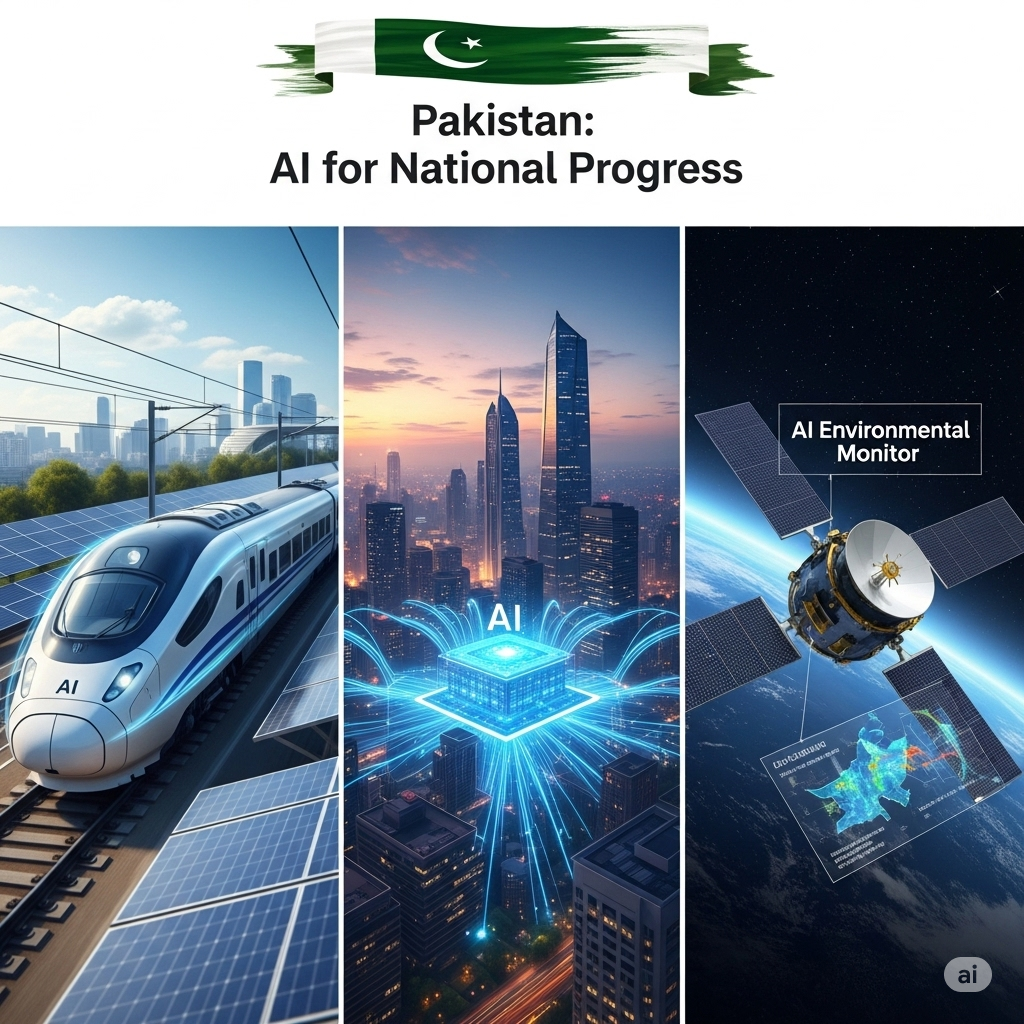For decades, Pakistan's development has been hampered by persistent challenges in agriculture, energy, and urban management. To break this cycle and embark on a path of sustainable growth, we must look to new frontiers. Artificial Intelligence represents a strategic national tool that can optimize our core sectors and unlock new avenues for economic progress.
Revolutionizing Core Sectors
Agriculture, the backbone of our economy, stands to gain immensely. AI-driven precision agriculture can revolutionize farming. Imagine drones equipped with sensors flying over cotton fields in Sindh, identifying pest infestations before they spread, or AI systems advising farmers in Punjab on the precise amount of water and fertilizer needed, conserving precious resources and boosting crop yields. This is not a distant dream; it's a tangible solution to improve food security and increase export revenues.
In the energy sector, AI can bring much-needed efficiency to a strained grid. By analyzing consumption patterns, AI can help distribution companies like WAPDA predict demand more accurately, optimize load management to reduce the frequency of load-shedding, and identify faults in the transmission network before they cause major blackouts. A smarter grid means more reliable power for our industries and homes.
Building Smarter Cities
Our rapidly growing cities, particularly Karachi and Lahore, are choking on traffic and struggling with urban planning. AI can analyze traffic flow data to create adaptive signal timings, easing congestion and reducing commute times. It can optimize waste management routes, ensuring cleaner cities and more efficient use of municipal resources. By integrating AI into our national planning, we can make data-driven decisions that lead to smarter infrastructure, a more competitive economy, and a higher quality of life for all Pakistanis. This is the next frontier of our development journey.
